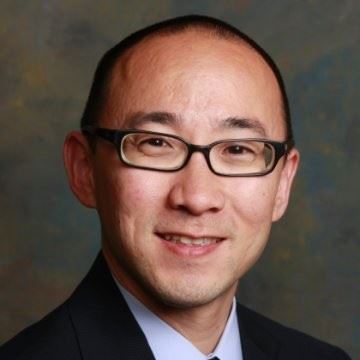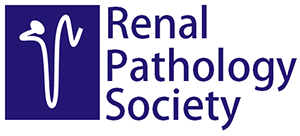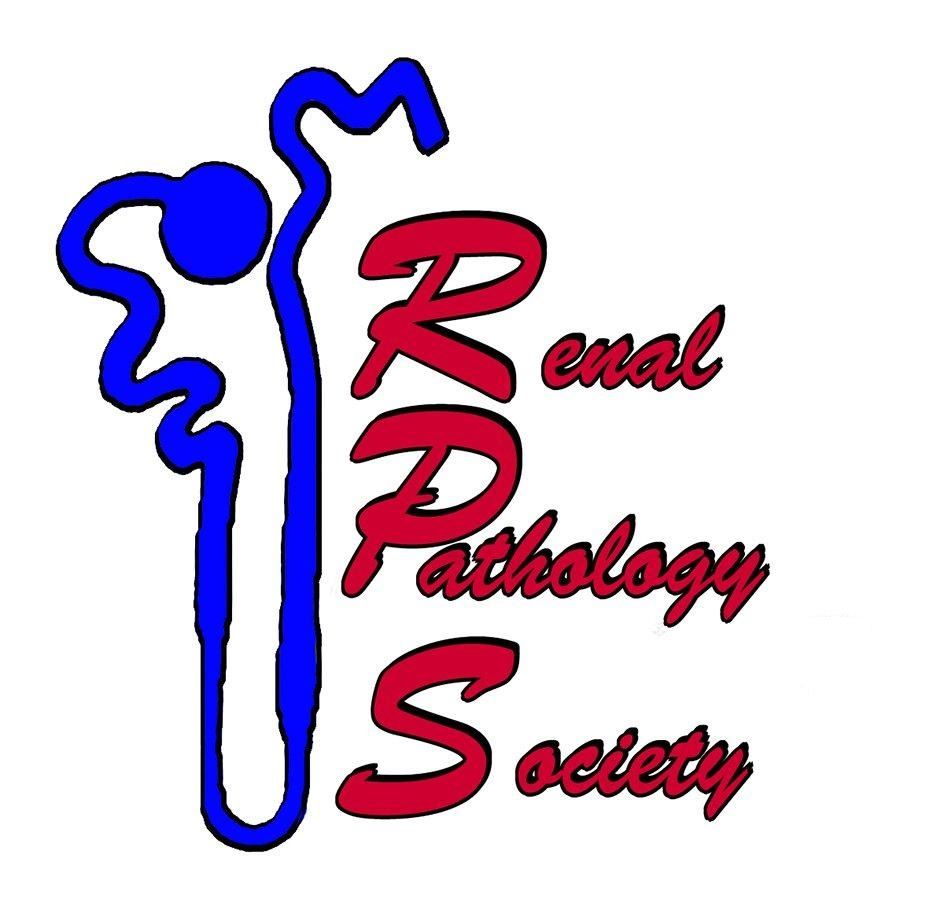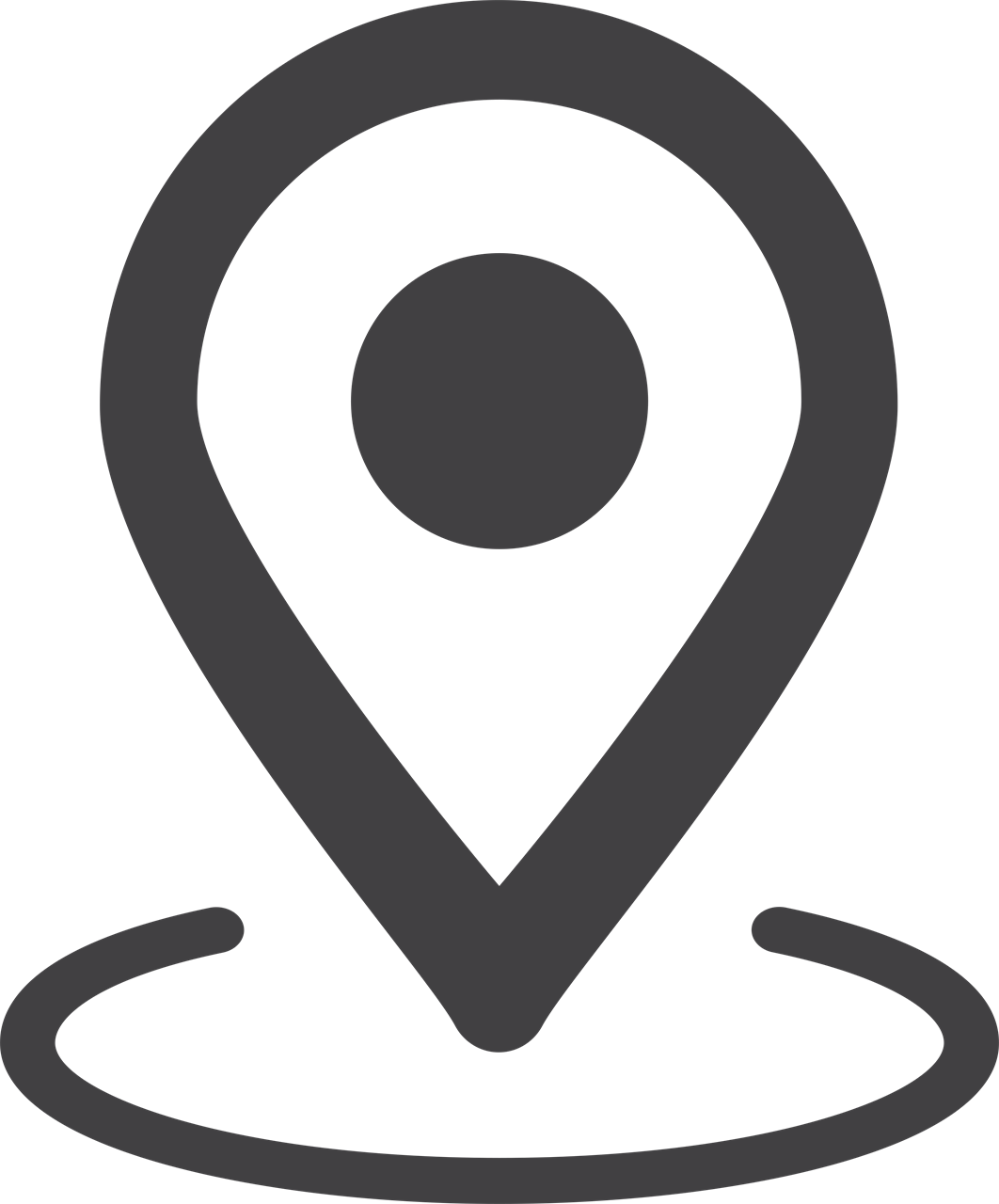Dear
RPS members,
 The RPS
would like to continue our focus on embracing diversity, equity and inclusion and
on broadening our international network. One way to achieve this goal is
to celebrate a semi-monthly calendar of observances and appreciations with
10-question interviews highlighting our diverse pool of members. As May is Asian American and Pacific
Islander Heritage Month (Asian Pacific American Heritage
Month 2023 (asianpacificheritage.gov)), our May interview is
with Dr. Kuang-Yu Jen. Dr. Jen is the current
RPS treasurer and Professor and Director of Renal Pathology at the University
of California, Davis.
The RPS
would like to continue our focus on embracing diversity, equity and inclusion and
on broadening our international network. One way to achieve this goal is
to celebrate a semi-monthly calendar of observances and appreciations with
10-question interviews highlighting our diverse pool of members. As May is Asian American and Pacific
Islander Heritage Month (Asian Pacific American Heritage
Month 2023 (asianpacificheritage.gov)), our May interview is
with Dr. Kuang-Yu Jen. Dr. Jen is the current
RPS treasurer and Professor and Director of Renal Pathology at the University
of California, Davis.
Please
find the interview below:
1. What
is your name, where were you born, where do you work?
My name is Kuang-Yu Jen. I was
born in Taipei, Taiwan. I first came to the United States when I was 4
years old and permanently immigrated to the U.S when I was 7 years old. I
am currently the Director of Renal Pathology at UC Davis in Sacramento, CA.
2. What
is your number one topic of interest in nephropathology?
It
changes with the years but currently I am very interested in developing and
exploring computation renal pathology (I hate the term "AI"). I
am a strong believer that if developed and implemented with thought and care,
this type of technology can significantly improve our
workflow and field in general.
3. What do you
like most about your job?
I like interacting with
nephrologists and transplant surgeons as well as other renal pathologists
(especially through RPS activities)! Believe it or not, I look forward to
calling nephrologists to relay preliminary diagnoses because I also get to chat
with them about what is going on with their non-work life.
4. What
is the most challenging aspect of your job?
Currently, it is being
on clinical service full time (essentially every day) because I am the only
renal pathologist at UC Davis right now. I joke that my role as Renal
Pathology Director is directing myself. Hoping to get some help soon!
5. What did
you want to become when you were a child?
I wanted to be a
"scientist" for whatever that meant at the time. This interest
led me to basic science research and medicine. That's why I ended up
going into an MD/PhD program.
6. What
would be your wish for the future - in general or in relation to your
work?
In terms of my work, I
hope that some of our computation pathology research will be successfully
integrated into daily pathology practice in the future. In general, I wish the world will somehow go back to moderate times
where reason and science prevails. The trend of extremism in politics will be
self-destructive and end poorly for all. Much of it was even more
evident to scientists and medical professionals during COVID. The
distrust of science and manipulation of data to achieve political
ideology/agenda. I wish we can all go back to reason science.
7. Any
special interests apart from Nephropathology?
In pathology/medicine/science,
I like anything to do with explaining mechanism of disease or differences in
disease expression phenotype. I have way too many hobbies including
hiking, camping, biking, photography, gardening, growing vegetables, sports in
general (watching and playing), video games, and financial planning/investing
(yes, I like doing my taxes).
8. How do
you think Renal Pathology will look like in 10 years’ time?
Now looking back, 10
years is a very short time and realistically I do not think much will
change. Some institutions are already transitioning to digital pathology,
so I believe this will be more widespread. I hope with the transition to
digital pathology, we will have some well-developed integrated tools that can
perform routine tedious tasks on whole slide images or even proven
diagnostic or prognostic morphometric markers that can be automatically derived
from computational pathology in order to enhance the pathology report for
certain disease/subspecialties. Probably being too optimistic, but
virtual staining may actually become reality in daily practice?
9. Who would you consider to be your
mentor in renal pathology or pathology in general?
For renal pathology,
Drs. Zoltan Laszik and Jean Olson are my most influential mentors, having
trained under them and having joined their practice at UCSF as a junior
attending. Dr. Linda Ferrell at UCSF was also a very special mentor that
gave me great career and life advice. My accomplishments as a pathologist
are a direct result of their invaluable mentoring.
10. What is
your favorite non-work-related activity or way to spend your time?
I enjoy going into the
middle of nowhere and pretending I am a landscape photographer. However,
that's not as appealing for my family (wife and two boys) so a good alternative
is going on family trips to wherever we have time for. At home, I am an
avid vegetable grower (have to take advantage of the California Central Valley
growing conditions).

Bonus
Question: Have you experienced any challenges or is there anything
you would like the RPS to know about navigating the field of academic medicine
(or non-work-related life) as an Asian American? Are there specific experiences that you would
like to share?
As much as they will
not admit it, I do believe it was very tough for my parents as
immigrants. Even though they were both well-educated in Taiwan and my dad
even received an MBA here in the U.S., I remember they still worked in Chinese
restaurants for many years because they could not find stable employment back
in the early 1980's. But they saved everything they could, which allowed
us to gradually move to better neighborhoods so that my sister and I could go
to better school districts. For high school, my parents bought a house
right at the edge of a good school district because that was what they could
afford in order for us to go to that high school. I owe all my success to
my parents.

 The RPS
would like to continue our focus on embracing diversity, equity and inclusion and
on broadening our international network. One way to achieve this goal is
to celebrate a semi-monthly calendar of observances and appreciations with
10-question interviews highlighting our diverse pool of members. As May is Asian American and Pacific
Islander Heritage Month (
The RPS
would like to continue our focus on embracing diversity, equity and inclusion and
on broadening our international network. One way to achieve this goal is
to celebrate a semi-monthly calendar of observances and appreciations with
10-question interviews highlighting our diverse pool of members. As May is Asian American and Pacific
Islander Heritage Month (


